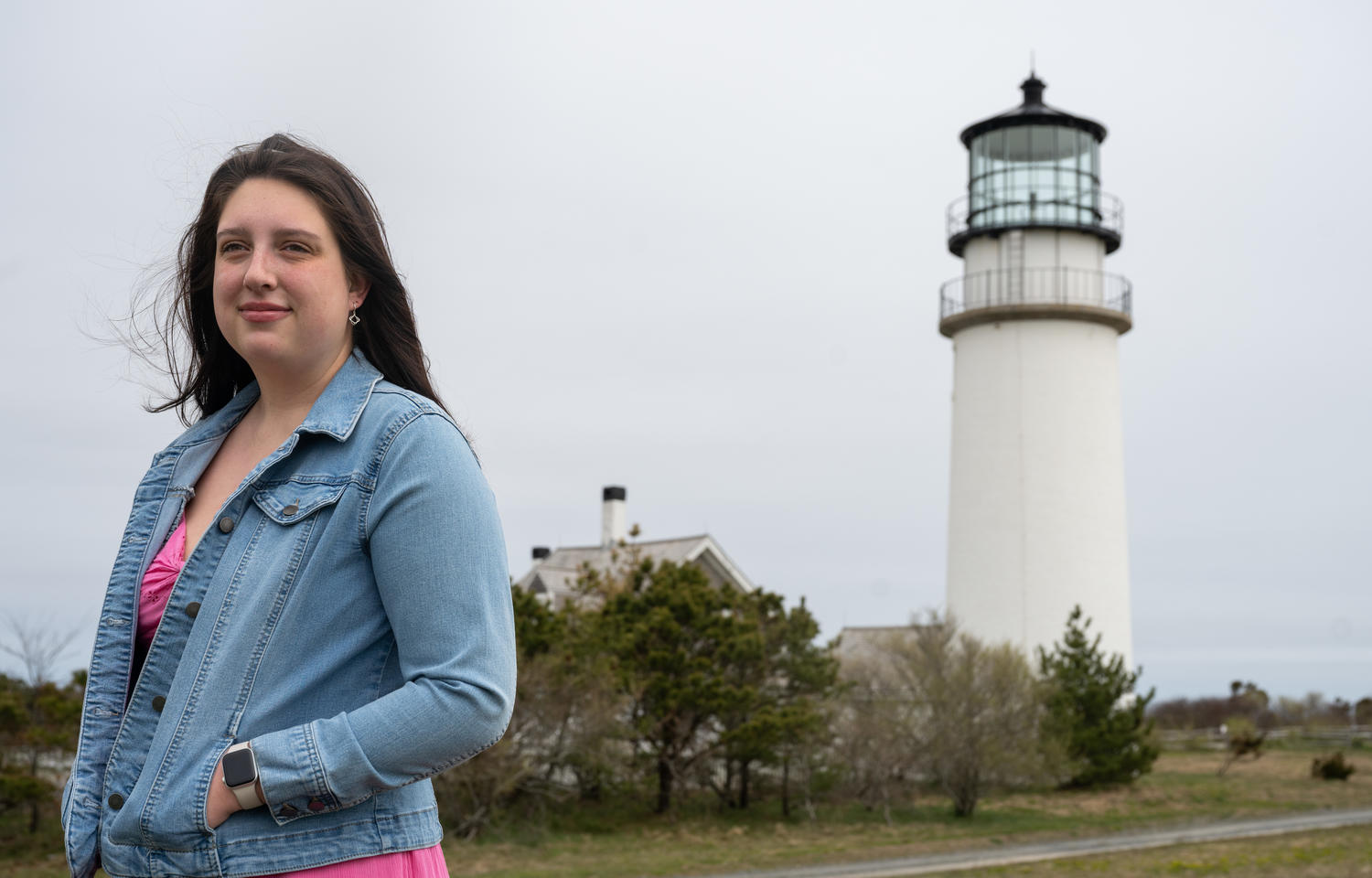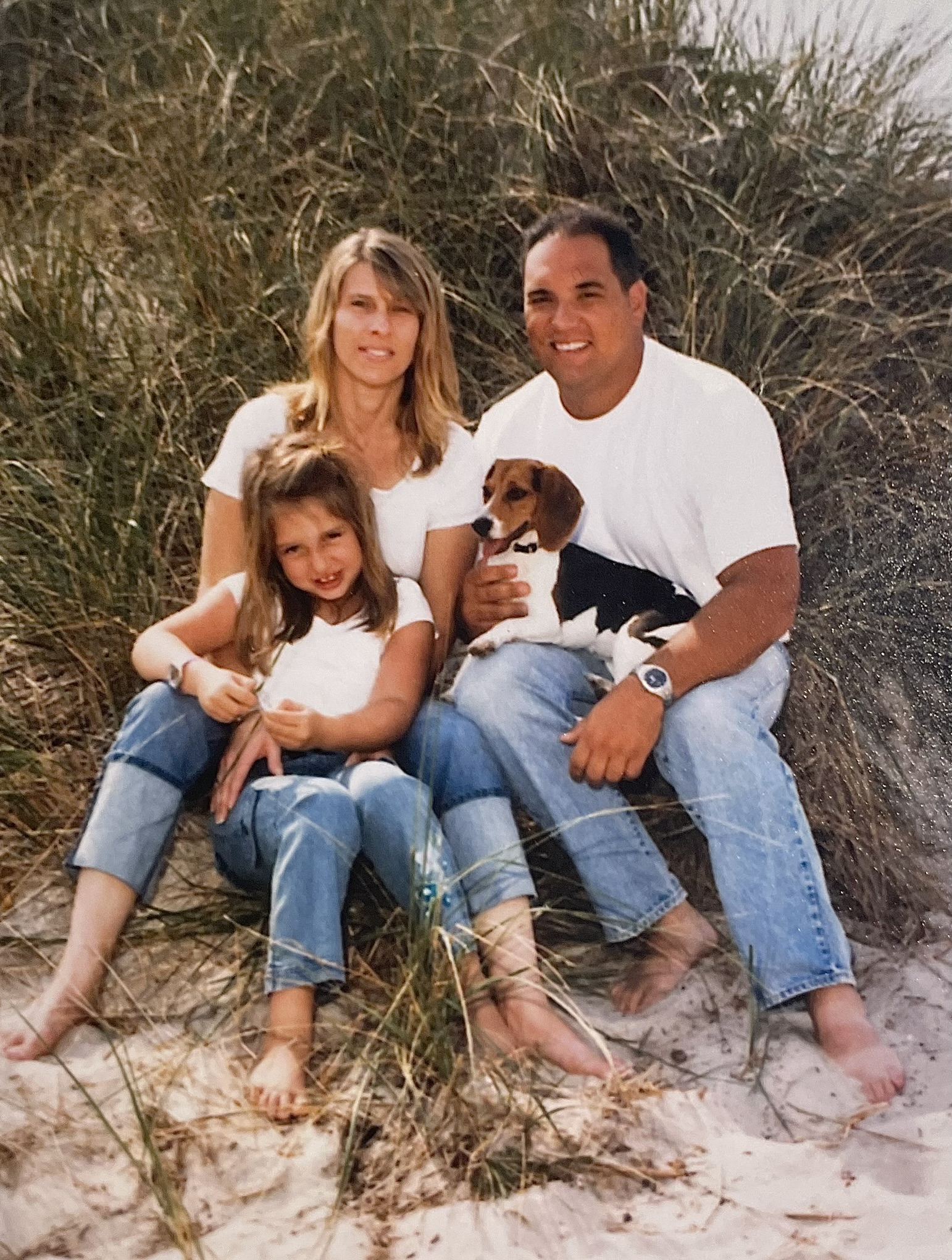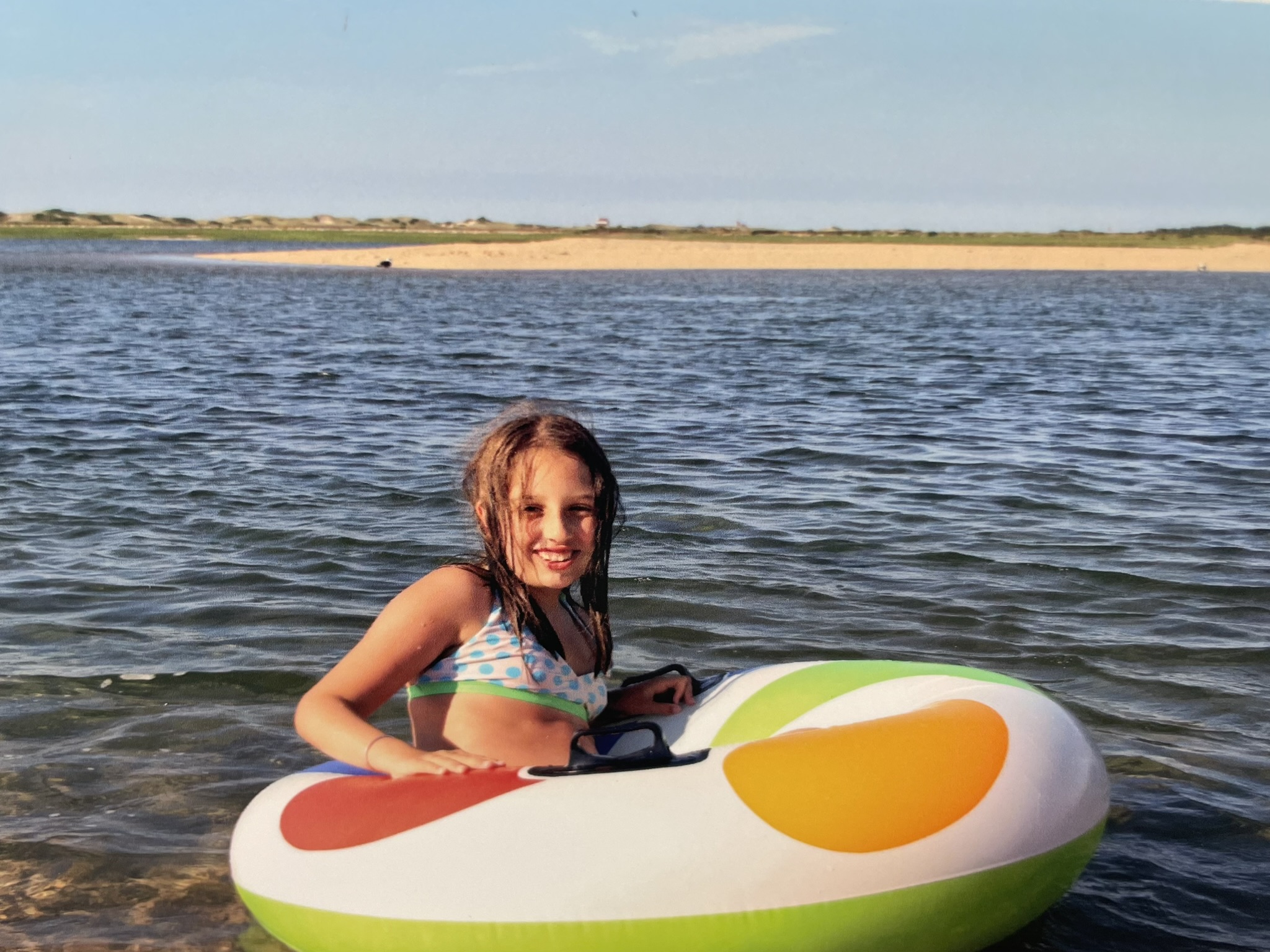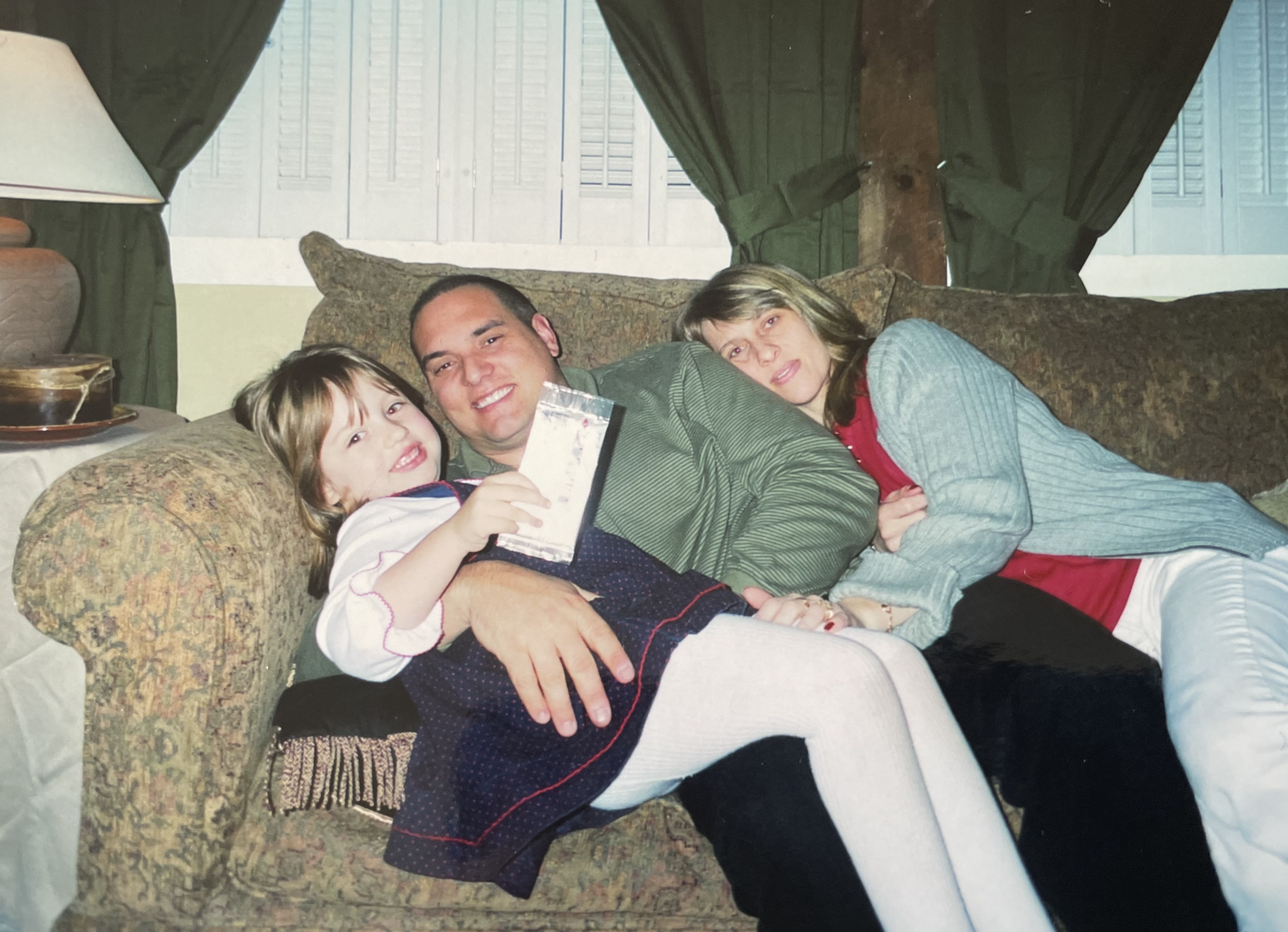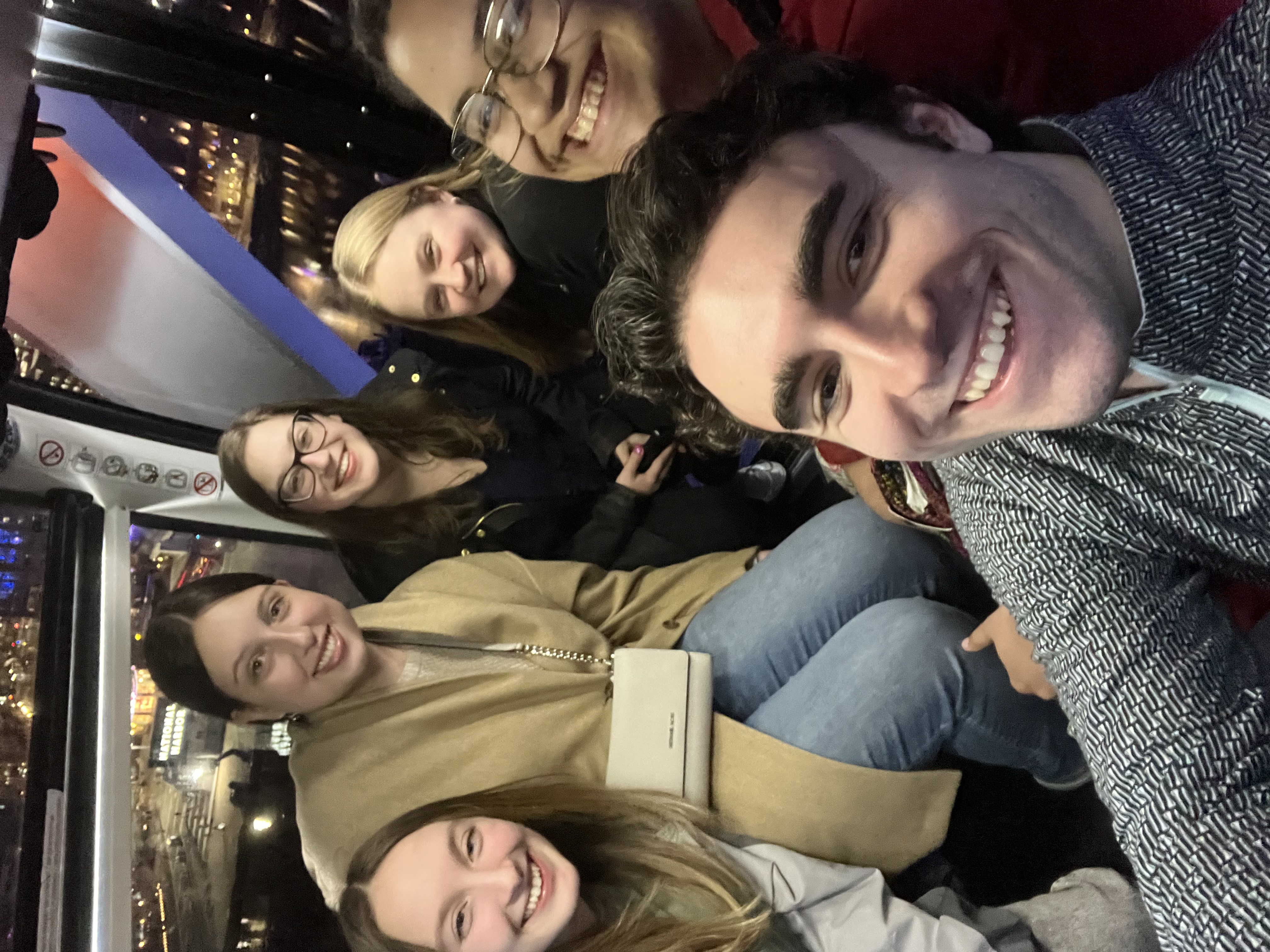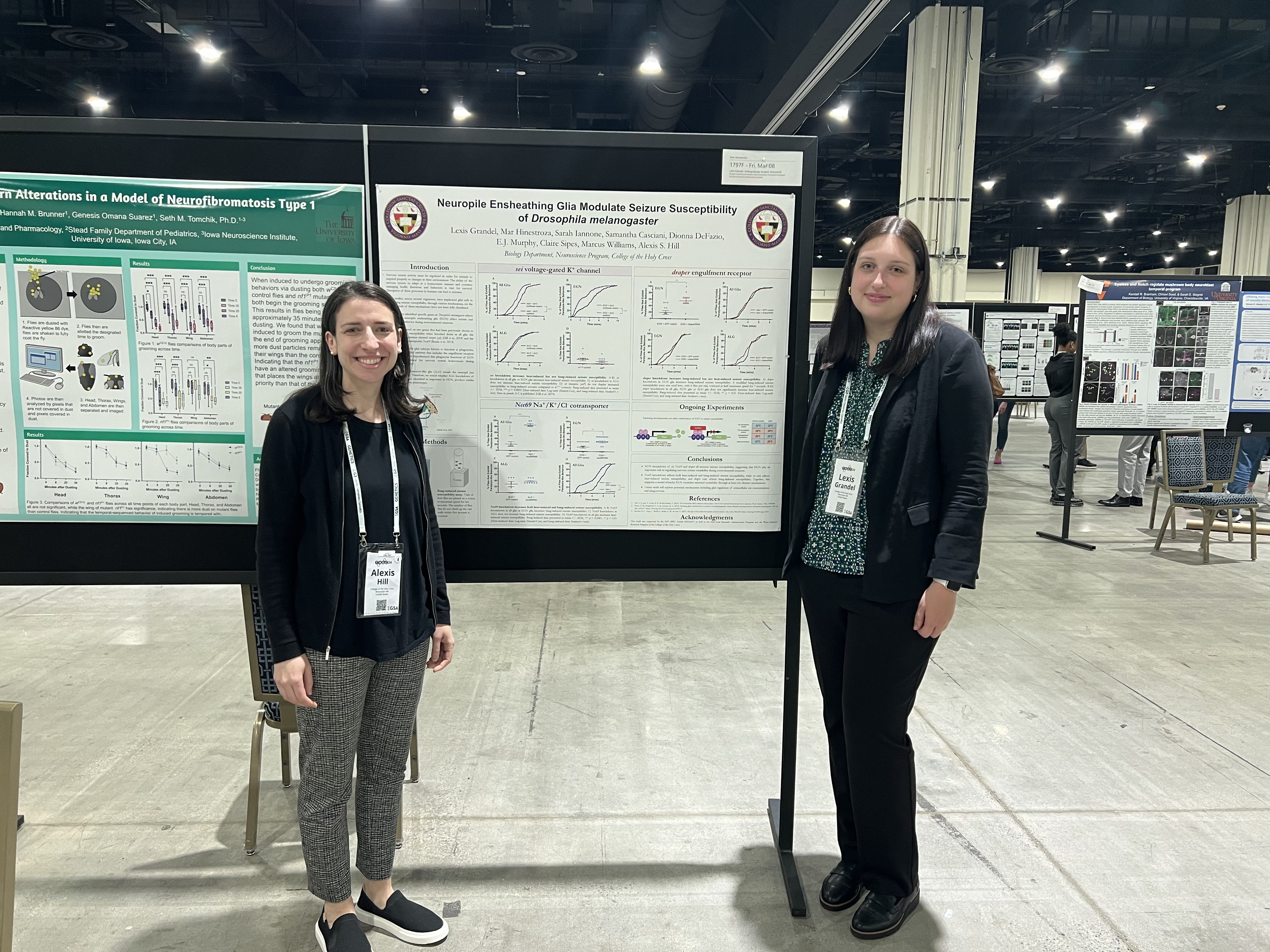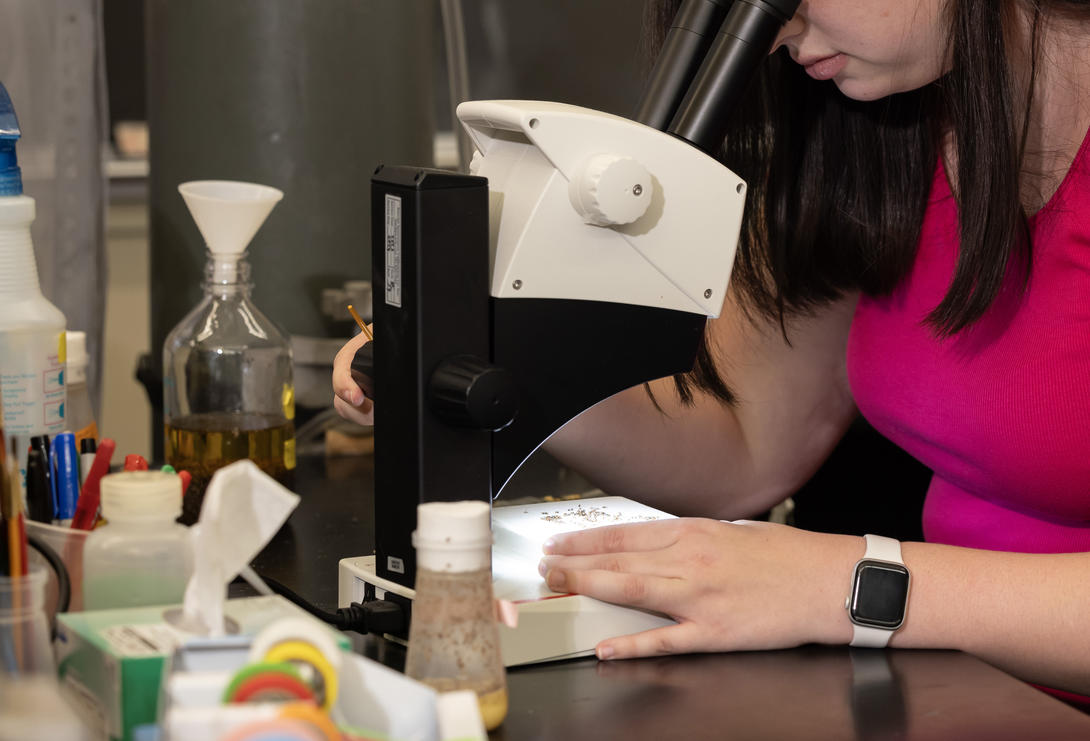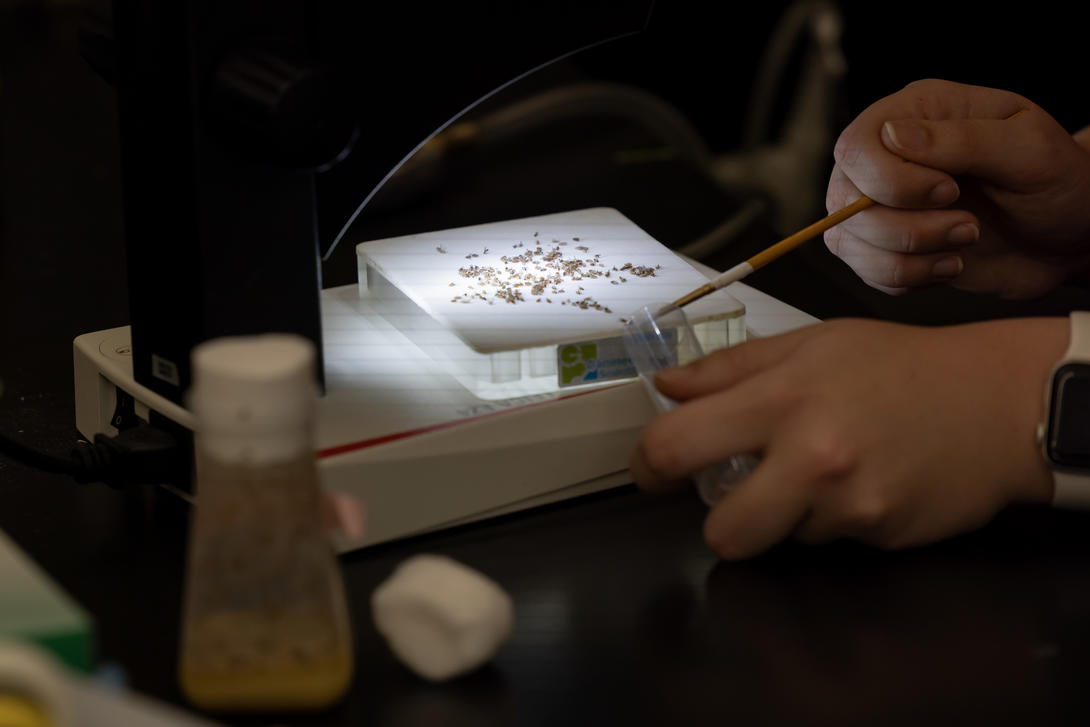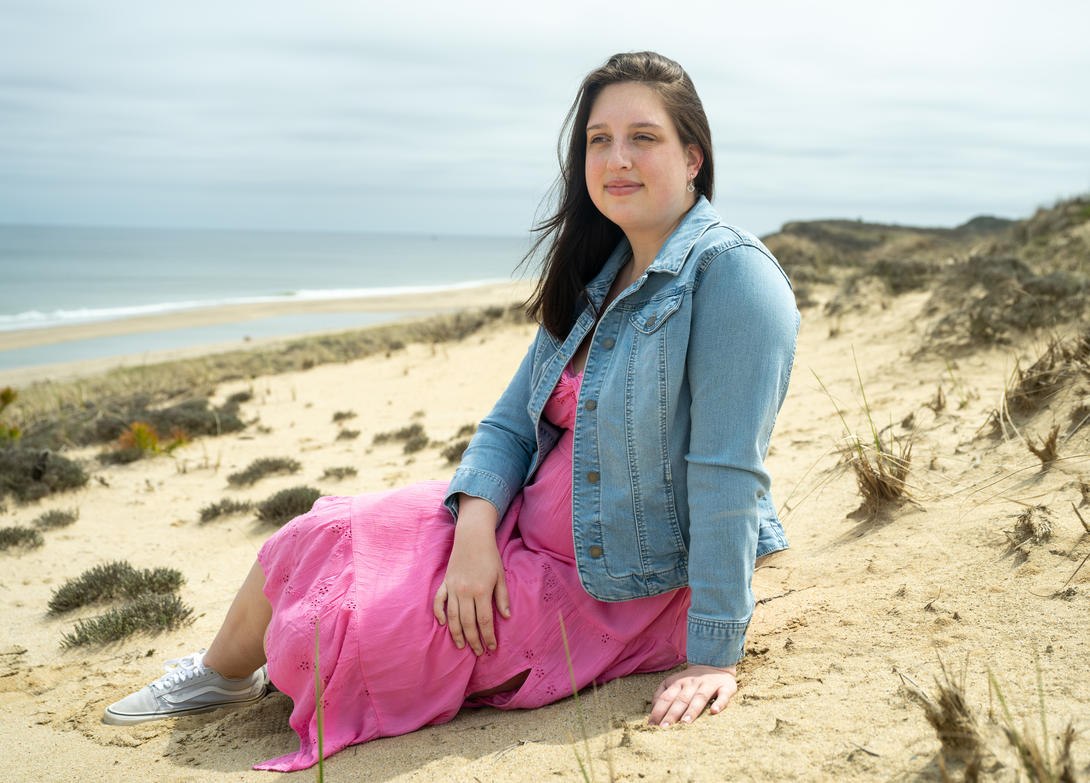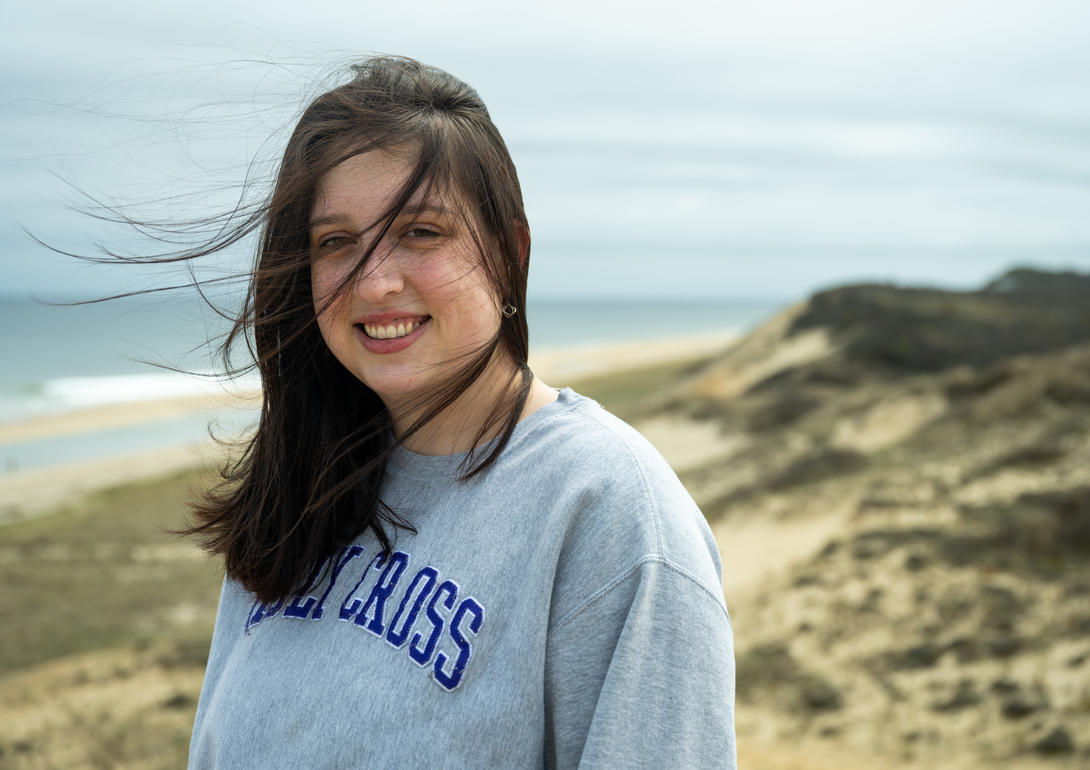It was a summer afternoon in 2021 and a clinic on Cape Cod’s outer shoreline was packed. It had just beaten its daily record for patients seen, and the atmosphere and pace were frenetic as short-staffed medical personnel churned through those still waiting.
Working in the hectic and stressful environment of a rural urgent care clinic located in the heart of the state’s most popular vacation destination can sometimes mean doctors see patients before triage is complete. That afternoon, a boy diagnosed with swimmer’s ear was the final patient. All that was left to do was dispense his medication before the clinic could close for the day. Lexis Grandel ’24, who was working triage as a medical assistant, hadn’t completed the patient review before the doctor prescribed Augmentin, a standard antibiotic to treat bacterial infections. Finishing up with the usual questions, she asked whether the boy had any allergies to medications. He did, said the father, to penicillin.
“I felt a pang of doom,” Grandel wrote in a self-reflection essay. The prescribing doctor had already left for the day, so she told the father to stay put. She found another physician, who confirmed it would be dangerous for the boy to take the medication as Augmentin fell within the penicillin family. The child’s father looked at Grandel and told her that she may have saved his son’s life.
“I learned through this experience how vital it is to pay attention to the small details,” she wrote. “Additionally, I learned the importance of raising a question when a patient’s well-being could be on the line.”
Grandel’s experience in the clinic, her love of medical science and her intense connection to her community shifted her future from one that initially involved remaining on the outer Cape to work in a year-round or seasonal business to one filled with white coats, research and patient care.
Today, she’s on the cusp of making the latter a professional career.
In July 2023, Grandel, a biology and neuroscience major and a member of the Alpha Sigma Nu honor society, submitted applications to medical schools throughout the country. Throughout fall 2023 and winter 2024, she started hearing decisions — some acceptances, a few rejections and multiple interviews. The dream of having her family help her put on her white coat as a first-year medical student is within reach.
